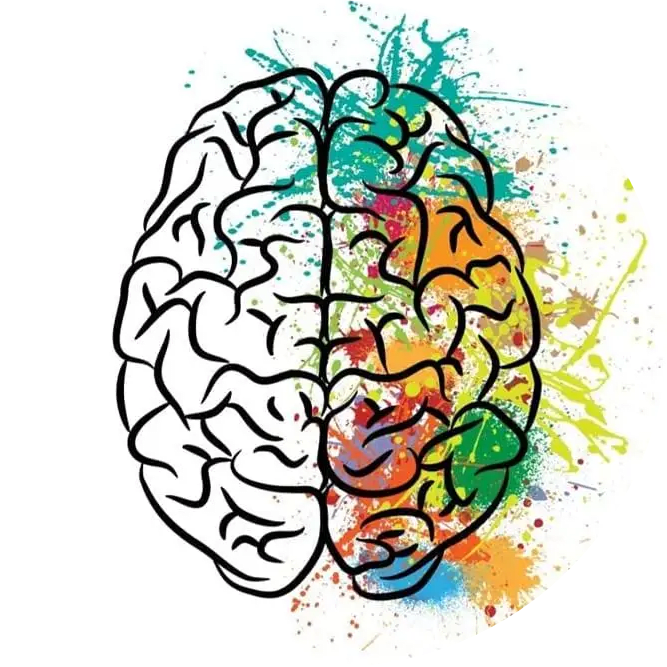Mindfulness Skills To Increase Self-Compassion

Mindfulness skills play such an imperative role in shaping our perceptions in a positive way that will lead to an increase of self-compassion, and empathy for others. Mindfulness is not just meditation, or breathing, or any specific technique, rather intentionally paying attention to your current moment. Some basic mindfulness skills can present a complicated challenge because it is necessary to learn to suspend judgment to a great degree, in order to practice them effectively. How do we pay attention when we are so over-stimulated, distracted, and pained by the difficult stressor presented? We can change the language of our thoughts to reduce distress in any situation we are in, as well as master self-compassion and empathy without losing sight of personal boundaries and potential red flags.
Mindfulness is a way of learning to be in the here and now and staying comfortable in our present moments even when they are difficult or trying. Mindfulness is simply paying attention to our current moment with intention. For something so simple to define, it can be quite difficult to practice. Learning to suspend self-judgment and judgment toward others is one of the key factors to successful practice. To do this, we must first build awareness to our negative and harmful thought loops. Learn to notice your judgments without assigning any label on them. For instance, they are not good or bad, rather just thoughts and judgments. Don't judge yourself for having judgments, as these are normal. The awareness of them will enable you to take the next steps toward reducing them and also overcoming them. By reducing judgment toward yourself and others, a more positive outlook will occur, as well as greater contentment in varying situations. You will also build compassion toward yourself and others, which yields deeper satisfaction in all areas of life, as well as greater health.
Once you are aware of your judgments, negative thought loops, and situations that are particularly trying, you can then practice these skills to defuse them by practicing techniques to observe and describe your present moments using only factual language, not emotional judgments. To practice this skill, look at a piece of art and describe it with only factual language and no judgment. It does not stay a poor or beautiful work of art, just a piece of art with lines, shapes, colors, borders, and perhaps frames. When you are in a difficult situation and even under verbal or emotional threat or attack, you can use the observe and describe method to stay grounded, compartmentalize the actions of others to reduce internalization and distress, and be mindful of your own interactions and needs in those difficult moments.
In real time, this looks like recognizing the judgments, difficulties, criticisms, or other distressing elements in situations and paying close attention to how you feel physically and emotionally, while noticing elements of your situation and surroundings without assigning judgments. For example, if you are in a difficult meeting, or under stress to think of something to say, you can notice this without assigning critical self-talk to the situation. You can say something like, "there goes that critical thought loop again. My muscles are tight. I have tension in my neck. I feel sad, or angry, or hurt, or perhaps enlightened by greater awareness of our current moments." Describing the feelings, sensations, surroundings, actions of others, and every detail you possibly can without judgment enables you to focus on the moment without being carried away by emotions and will allow you to respond in a more reasonable way.
Once you can practice observe and describe effectively, as well as notice criticism without assigning judgment, you can have the ability to respond in different ways than you have before. If you struggle to speak up and are judging yourself, you can learn to stop judging yourself through self-awareness, and this will enable you to then practice speaking up assertively because you will not be riddled with self-criticism and negative thought loops of self that cause difficult emotions. You will build awareness, resilience, and strength in all situations. Another great way to practice is to learn to implement some regular breathing exercises into your day that will help you be able to sit with the difficulty, with the emotions that are comfortable and uncomfortable. Being able to learn to sit with the uncertainty, the spaciousness, and the stillness, will deepen your mindfulness practice and ability to focus on the current moment and all the details that make it count. You will also be able to deepen your ability to practice visualization and overcome any challenge that you face.
© 2021
Get in Touch
Inquiry Form
Please complete the form below to contact me with any questions about my counseling services.
